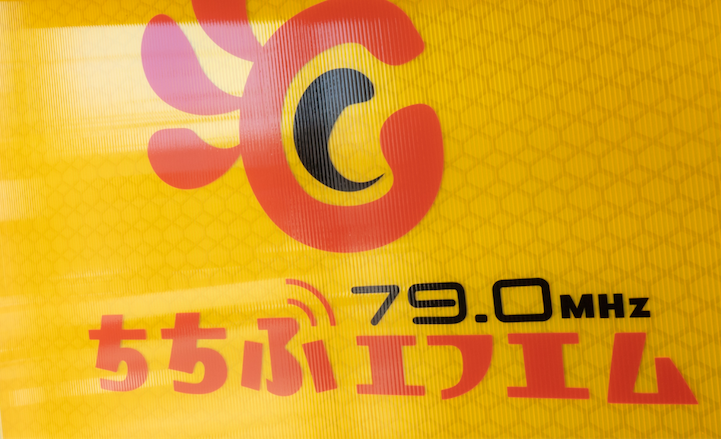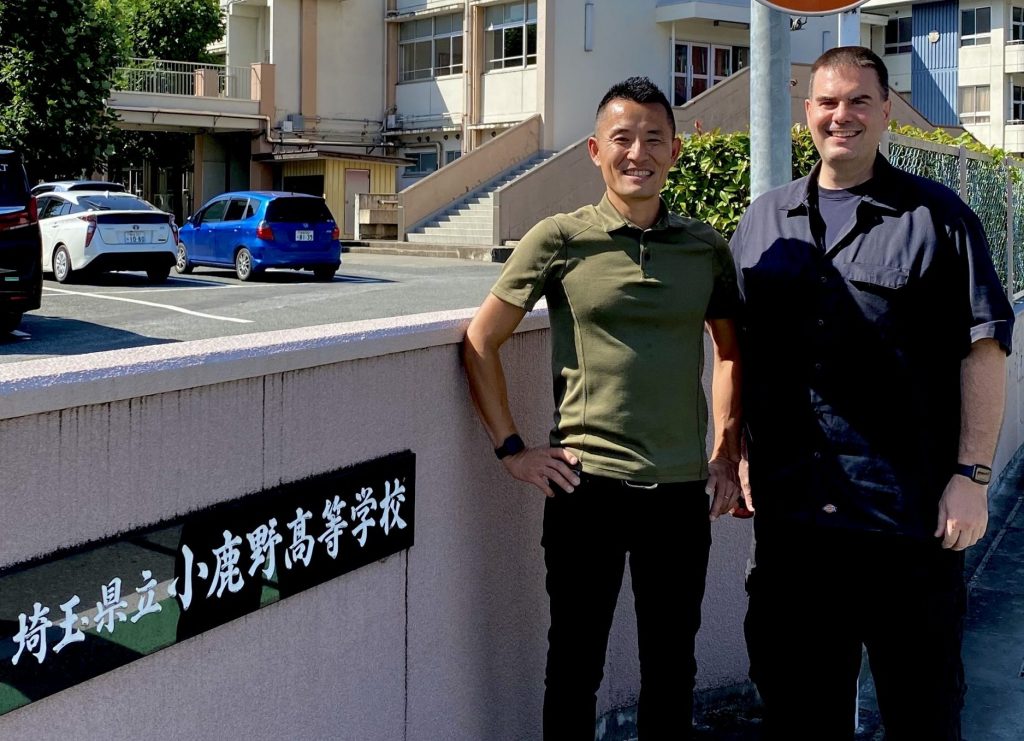
Image: julianne.hide / Shutterstock.com
Families and kizuna, or bonds, are integral parts of many businesses in Japan. Some companies established hundreds of years ago still exist in the 21st century and the knowledge and expertise of running that business has been passed down through the generations.
Although SVL is a relatively new company, we actively uphold this concept of “family” and have sought to forge closer ties with our employees, customers and partners. As a result, we were delighted when our CEO Tatsuhiko Nakazawa was invited to speak on Chichibu FM radio station to discuss SVL’s history, business and aims for the future. Coming from this rural part of western Saitama himself, Nakazawa was delighted to recount SVL’s own founder’s story to local audiences.

The origins of SVL date back decades to Chichibu itself, when Nakazawa first met his then high school English teacher, Glen Wood. A long-lasting friendship developed and even after Wood went on to pursue a successful, global finance career—and Nakazawa in the logistics industry—the two always kept in touch with a dream of one day working together. In 2019, the dream came true with Nakazawa and Wood establishing Smart Vision Logistics, with roots firmly based in Chichibu (followed quickly by new offices in Tokyo and Chiba).

With initial financial support from Musashino Bank and self-investment, SVL was born and has since grown nationwide, devoted to meeting the needs of our customers. In an industry with 60,000 competitors, keeping on top of the game isn’t easy but Nakazawa is adamant that SVL become a trailblazer, an innovator with a goal of improving the industry.
For example, becoming more inventive and environmentally conscious when it comes to food waste in Japan can deliver win-win scenarios for all. As Nakazawa explained on air:
“I’ve been trying to find ways to improve logistics with logistics companies and food manufacturers for about 10 years now, but food residue is still produced. For example, when we make packs of cut vegetables, food waste is generated, right? When we think about sustainable logistics, we use a system to decompose the vegetable residue into compost using certain mechanical technology. Then, we transport this composted material to the fields. The compost is then spread on the fields to produce more vegetables. We started a logistics business where we transport the vegetables again, and also transport the products and other waste left by consumers. Ever since I started this new business of connecting the entire food cycle, Glen has been giving me advice on how to do this. I’ve also been getting information from various business partners, and I’m currently working on a new business focused on this area.”
CEO Tatsuhiko Nakazawa, Chichibu FM (28th May 2021)
Becoming involved in the intricacies of the food cycle has meant that SVL has deepened its relationships with farmers who are a crucial component in this sequence. While Nakazawa is in the process of revolutionizing food wastage and developing and strengthening domestic logistics, his business partner Wood has spent time in the United States with the aim of eventually taking SVL overseas which has been a definite aim since the company’s inception in 2019.
Utilizing a family-style system of operations and progressing with community and customer bonds, SVL is well placed to nourish our domestic presence and plant seeds overseas whilst committing ourselves fully to our customers and staff members who we sincerely hope will be tremendously successful.

